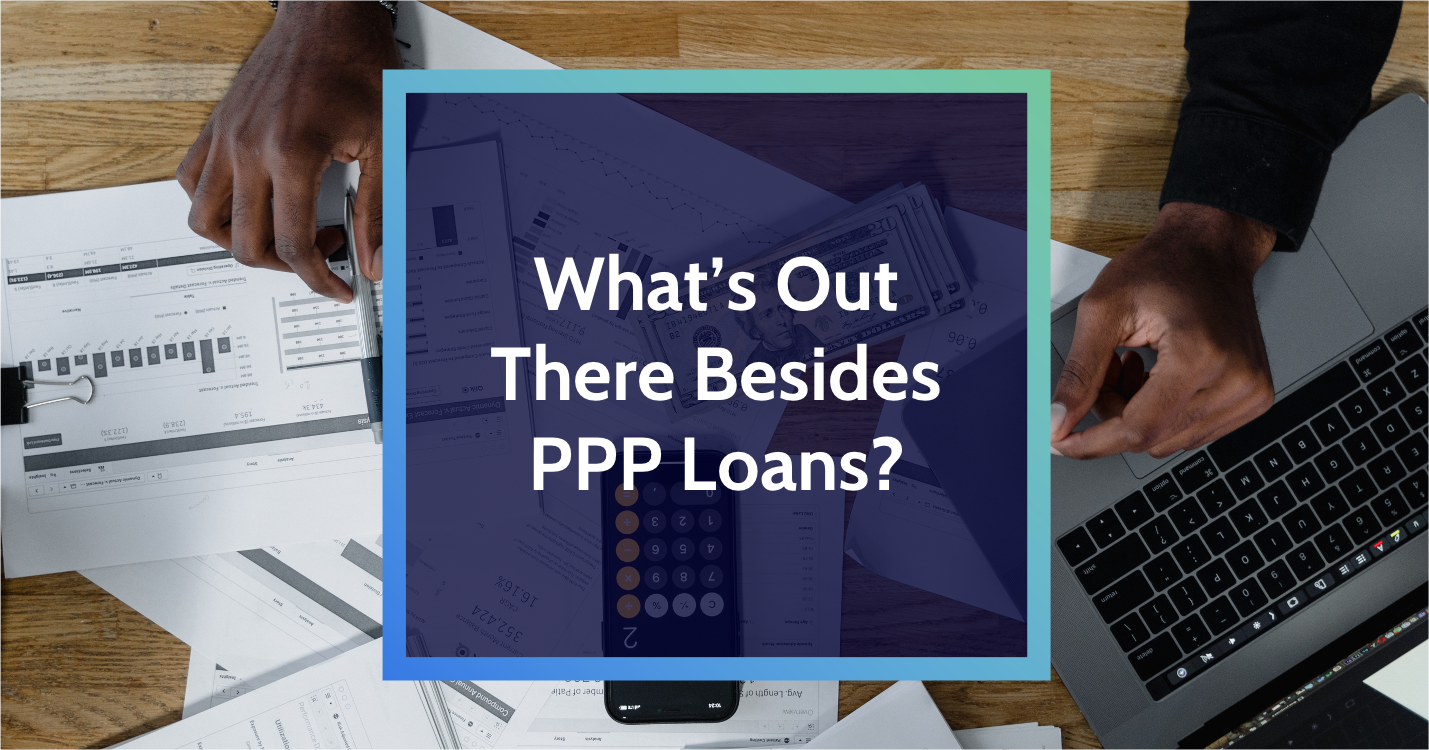Grow Your Business Post-Pandemic: What’s Out There Besides PPP Loans?
Now more than a year since the start of the COVID-19 pandemic, small businesses and entrepreneurs are steadily recovering. The pandemic shined a spotlight on the unwavering strength and courage of small business owners across the country. Unfortunately, many closed their doors. For others, the Paycheck Protection Program (PPP) offered by the U.S. Small Business Administration (SBA) served as a vital resource. SBA-backed PPP loans give small businesses a direct incentive to keep their staff employed. This is incredibly useful given potentially diminished revenues through the COVID-19 crisis.
Reasons You Can Be Disqualified from PPP Loans
Many business owners were left out of PPP since they did not meet a rigid qualification framework. Here are just a few of the many reasons small business owners were disqualified from receiving PPP funding:
- Their business was not in operation on or before February 15, 2020
- An owner of 20% or more of their business has a prior fraud related criminal record
- Any other business owned or controlled by the business’ owners is delinquent or has defaulted on a loan from the SBA or any other Federal agency within the last seven years (this excludes federal student loans)
- The business owner or their business is bankrupt or is currently in bankruptcy proceedings
- They do business in an industry that is generally not eligible for SBA 7(a) loans, such as speculation or multi-sales distribution
What’s even more frustrating is the fact that larger corporations quietly accepted large PPP loans. Meanwhile, small business owners struggled to navigate the process. Luckily, after media outcry, many corporations returned their PPP loans as a signal that small businesses were more deserving of the limited funding.
So, what other funding is out there besides PPP for entrepreneurs looking to grow their business in the wake of COVID-19?
The Alternative: Credit Unions & Community Lenders
When it comes to business lending, credit unions, community banks, and other community lenders aren’t always an obvious option. They don’t always have the same reach due to their regional and localized service areas. And because of their limited membership, they’re not always top of mind. It can also be daunting to figure out if you even qualify for credit union membership.
But credit unions and community banks are a hidden gem — and provide a completely different take on business banking. Both types of banking institutions take a tailored approach to working with small business owners. They often offer lower rates, a personal relationship, and specialized merchant services that you won’t find at a large bank where you’re just another number.
Credit unions and community banks offer all of the basic services you’d expect from a larger bank (like checking accounts and savings accounts). However, they also have a strong focus in supporting local communities—and doing so through business lending. These organizations offer everything from term loans, to equipment loans, to real-estate loans, and even loans to purchase more inventory — whatever is needed to drive local growth. Many business owners who have used credit unions and community banks say the biggest difference was in the level of personal service. No matter their size or scale, they felt like “family” very quickly.
Ready to grow your business with funding from credit unions and community banks? Sign up for free with Backabl and explore the funding possibilities.

